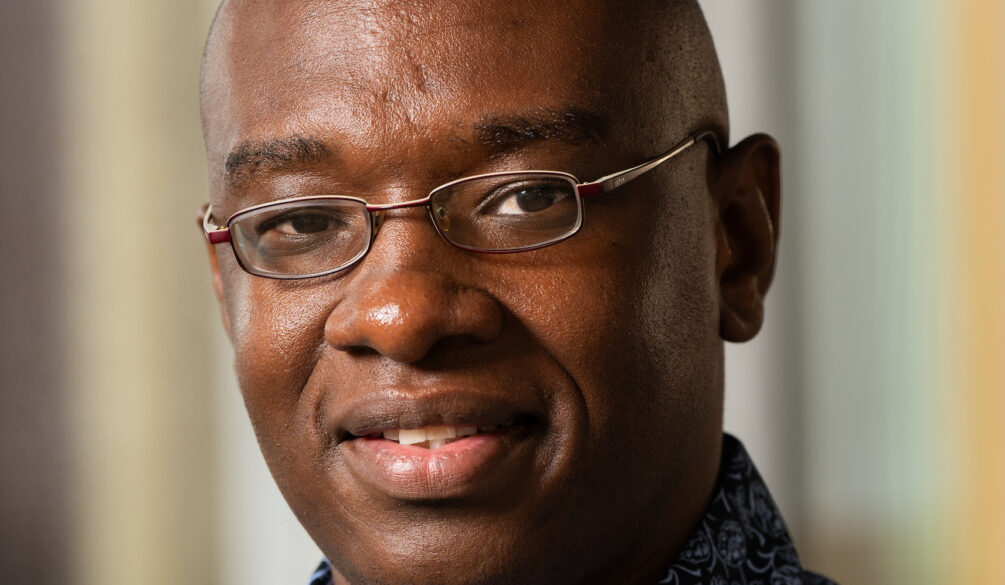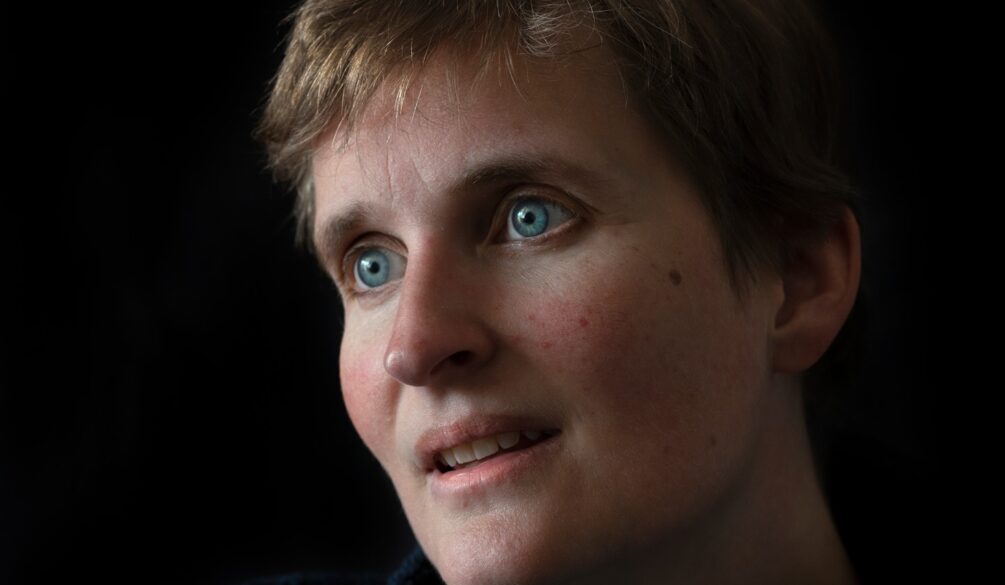2025
Call for Papers: AASR Conference 2026
10th Conference of the African Association for the Study of Religions
Regional Conference of the
International Association for the History of Religions
Spirituality, Gender, and Agency
in African Religions
Gaborone, Botswana, 28 to 30 July 2026
The African Association for the Study of Religions (AASR) invites proposals for individual papers, panels, roundtables, and poster presentations for its biennial conference to be held at the University of Botswana, Gaborone, Botswana, from 28 to 30 July 2026.
2025
Call for Papers: urban-religious worldmaking in Africa
urban-religious worldmaking in Africa
CALL FOR PAPERS
16-20 September 2025
Stellenbosch Institute for Advanced Study, South Africa
Funded by the German Research Foundation’s “Point Sud” programme
2025
Call for Proposals
Writing and mentoring programme on “Gender, Spirituality and Agency in Africa”
The African Association for the Study of Religions (AASR), in collaboration with the University of Nairobi and the University of Leeds, and with support of the British Academy, is convening an interdisciplinary writing and mentoring programme on the theme of “Gender, Spirituality and Agency in Africa”.
The programme is aimed at Africa-based early-career researchers from across the Arts, Humanities and Social Sciences, demonstrating AASR’s commitment to nurturing the next generation of scholars undertaking critical research at the intersections of religion, culture and society in Africa.
Through a series of online sessions and an in-person workshop in Nairobi (29-30 July 2025), participants will train and develop academic skills such as writing and reviewing, deepen their expertise on the subject, strengthen their academic networks, and be supported to prepare their work for publication in a high-quality international journal.
Participants are expected
- to participate in two online pre-workshop training sessions, focusing on “How to prepare and present a paper” and “How to review a paper”, as well as in an online discussion of key academic texts on the subject.
- to prepare and submit a draft paper of 6,000 words (based on original research) ahead of the workshop, and to provide feedback on the draft papers of other participants.
- To attend and participate in a two-day in-person workshop, where papers will be presented and discussed, with additional training sessions on general academic skills.
- To participate in a post-workshop mentoring scheme with the aim of preparing the paper for publication and offering general academic and career advice.
The aim is to publish the revised workshop papers as a special issue in a relevant academic journal.
Participation in the programme is free. Successful applicants will have the costs for travel to, and accommodation in Nairobi covered. Selected workshop participants may also be given the opportunity to attend and participate in the 2026 conference of the African Association for the Study of Religions in Botswana and present their work there.
Eligibility
The workshop aims at early-career academics based on the African continent.
- As a minimum, participants are required to have an MA and be registered for PhD studies.
- As a maximum, participants can have up to five years of postdoctoral experience.
- Participants should be undertaking work relevant to the theme of “gender, spirituality and agency in Africa”.
- Researchers currently affiliated with an African academic institution, and independent researchers based in an African country, are welcome to apply.
- Female academics and scholars from otherwise marginalized groups are especially encouraged to apply.
Organisers
The programme is made possible with funding from the British Academy, and is organised and facilitated by
- Dr Telesia Musila, University of Nairobi
- Dr Damaris Parsitau, AASR President; Nagel Institute, Calvin University
- Dr Abel Ugba, University of Leeds
- Dr Adriaan van Klinken, University of Leeds
About the theme: Gender, Spirituality and Agency in Africa
Gender, in relation to other categories such as age, disability, ethnicity, race and sexuality, is embedded in structures of power and thus connected to social, political and economic inequalities. These structures are informed and reinforced by religious and cultural ideologies, and are actively maintained and reproduced in religious institutions, among other social organisations. Gender, in African religious, cultural and social settings, is thus intricately connected to experiences of marginalisation and disempowerment, especially of women, sexual and gender minorities, but also of men who may struggle with the norms and expectations of masculinity.
Yet, religious belief, and spirituality as an everyday and embodied practice, may also serve as a critical, creative and resourceful site of subversion of, or resistance to, dominant gender norms; it may foster a sense of spiritual empowerment which can translate into social and political agency; it may inspire diverse forms of activism and community organization by marginalised individuals and groups; and it may enable the imagining of alternative possibilities and new forms of gendered and religious world-making.
For this programme, we invite proposals for papers that are based on original research, exploring and examining the complex and diverse intersections of gender, religion and spirituality, and socio-political agency. We welcome papers from a wide range of disciplines and perspectives, such as history, anthropology, literary and cultural studies, media studies, sociology, politics, development studies, gender and sexuality studies, religious studies and theology. Submissions should engage with relevant concepts and theories, particularly from African feminist, queer, and post/decolonial studies.
How to apply?
Please complete the form below and submit it to A.vanKlinken@leeds.ac.uk by 10 March 2025.
| Names | |
| Gender | |
| Highest academic qualification (degree, subject, year, institution) | |
| Current affiliation / career status | |
| Home address | |
| Email address | |
| Where would you travel from to Nairobi (if different from home address) | |
| Title of proposed workshop paper | |
| Abstract of paper (up to 150 words) | |
| Motivation statement for the programme (up to 150 words) | |
| Statement on your interest and expertise in the workshop theme, “Gender, Spirituality and Agency in Africa” (up to 150 words) |
2025
Scholar of the Month
“AASR conferences were a welcome opportunity to connect with other researchers and keep in touch with the latest developments in scholarship.”


